Leaves for composting ?
lcdollar
10 years ago
Related Stories

FALL GARDENING5 Ways to Put Fall Leaves to Work in Your Garden
Improve your soil and yard the organic way with a valuable garden booster that grows on trees
Full Story
GARDENING GUIDESGet on a Composting Kick (Hello, Free Fertilizer!)
Quit shelling out for pricey substitutes that aren’t even as good. Here’s how to give your soil the best while lightening your trash load
Full Story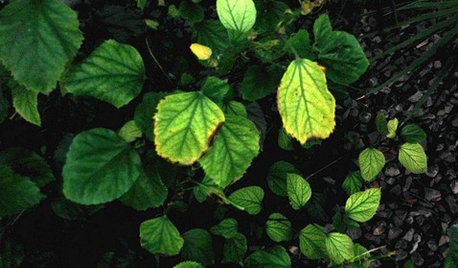
GARDENING GUIDESWhat's Wrong With My Plant? Leaves Often Hold the Clues
Learn how to identify common plant ailments by reading their leaves
Full Story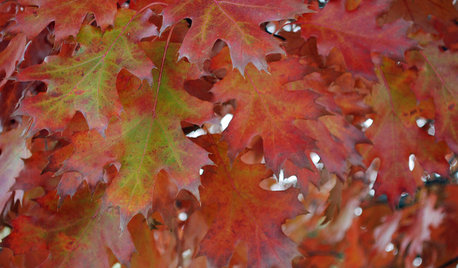
GARDENING GUIDES6 Healthy Ways to Handle Fallen Leaves
Once nature's beautiful bounty is spent, these ecofriendly strategies for leaves will put your yard in the clear
Full Story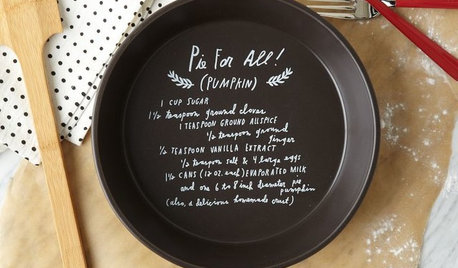
PRODUCT PICKSGuest Picks: Fall Entertaining Favorites
Make autumn feasts a piece of cake with chic compostable plates, pretty glasses, pie accessories and more
Full Story
GARDENING GUIDESHouzz TV: Make a Worm Bin for Rich Soil and Happy Plants
A worm-powered compost bin that can fit under a sink turns food scraps into a powerful amendment for your garden. Here’s how to make one
Full Story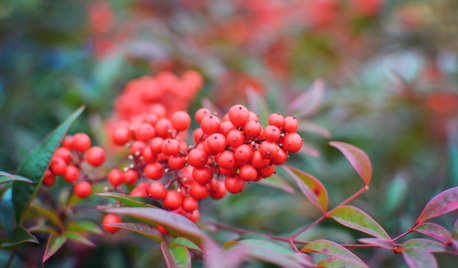
GARDENING GUIDESMid-Atlantic Gardener's January Checklist
Scatter berries while ye may, be kind to your fair-feathered friends and try a time-saving compost trick that will keep you out of the cold
Full Story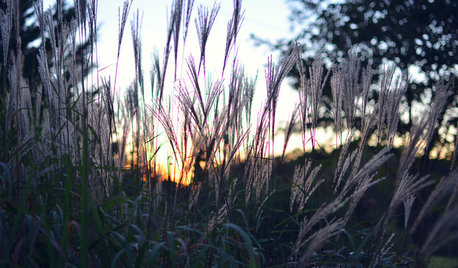
GARDENING GUIDESMid-Atlantic Gardener's November Checklist
Winding down for winter means prepping, potting, piling and picking an indoor solution for daily compost
Full Story0
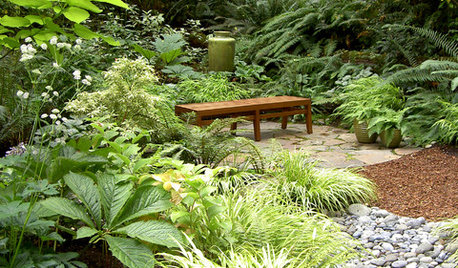
GARDENING GUIDESGreat Garden Combo: 6 Beautiful Plants for a Shady, Wet Site
Transform a shade garden with moisture-loving golden grasses, textural leaves and a sprinkling of flowers
Full Story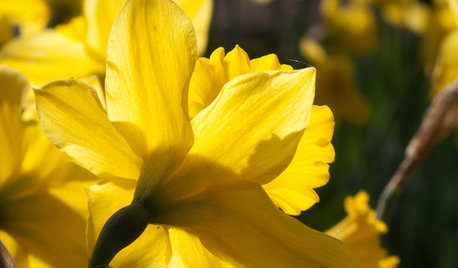
GARDENING GUIDESPacific Northwest Gardener's October Checklist
Break up tidying time by planting spring bulbs, tending to veggies and giving leaves a rich new life
Full Story0






chickencoupe
helenh
Related Professionals
Forest Acres Landscape Architects & Landscape Designers · Peabody Landscape Contractors · Chesapeake Ranch Estates Landscape Contractors · Cliffside Park Landscape Contractors · Fountain Valley Landscape Contractors · Las Vegas Landscape Contractors · West Covina Landscape Contractors · North Aurora Landscape Contractors · Cape Coral Decks, Patios & Outdoor Enclosures · Renton Decks, Patios & Outdoor Enclosures · Riverside Decks, Patios & Outdoor Enclosures · Rogers Decks, Patios & Outdoor Enclosures · Sun Lakes Decks, Patios & Outdoor Enclosures · Wilmington Decks, Patios & Outdoor Enclosures · Scotts Valley Decks, Patios & Outdoor EnclosuresOkiedawn OK Zone 7
lcdollarOriginal Author
pattyokie
soonergrandmom
slowpoke_gardener